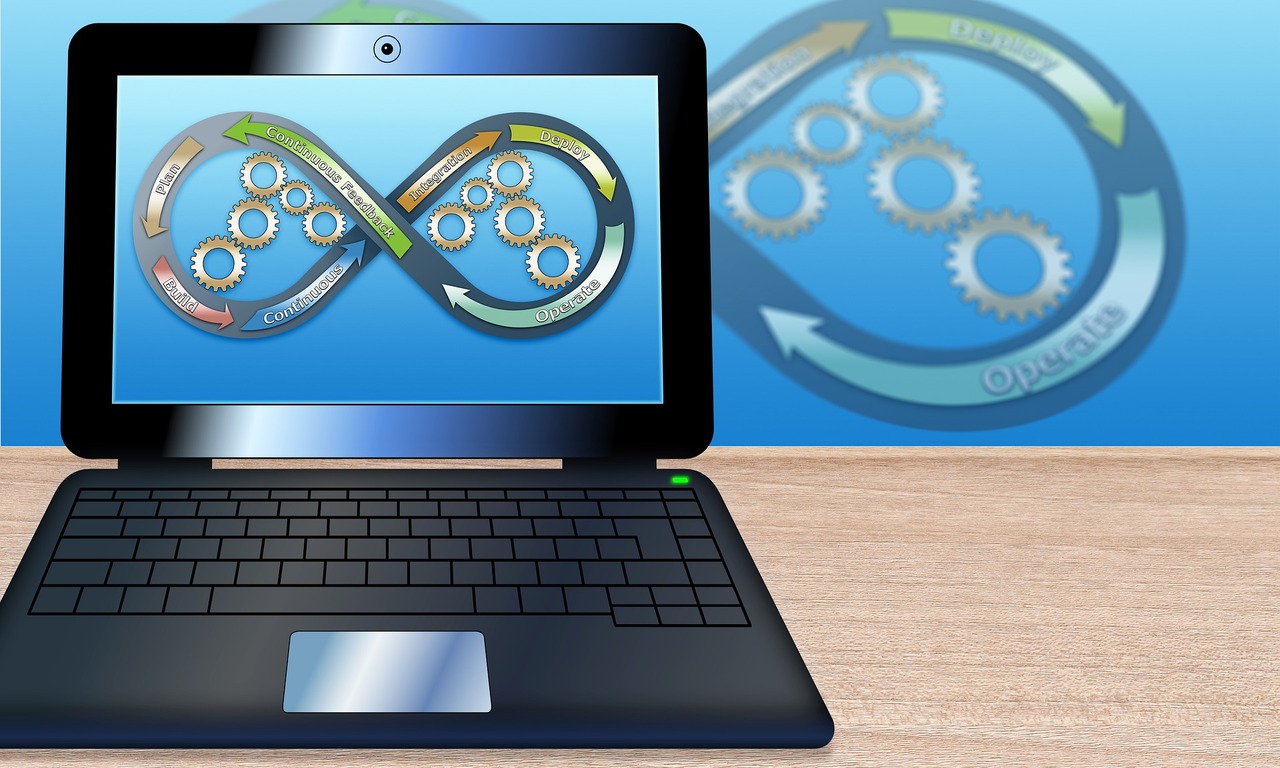Do you find your computer slow or lagging? There are simple ways to increase the performance of your Windows PC. Let’s look at the least expensive and easiest solutions to implement.
Simply restart
If your PC is incredibly slow, try restarting it. Yes, we are suggesting a very simple solution, but people often don’t think of it.
Sleep mode saves energy, but only a full restart allows Windows to get back on its feet. You can do this every day if you wish.
Delete cookies
Cookies are small computer files that websites install on your computer to facilitate your browsing. They can significantly slow down your browser. To delete cookies, select Tools in your browser, then Internet Options, Privacy, and choose the type of blocking you desire for cookies. You can uncheck the Accept cookies box, but browsing many sites will become more complicated. A good solution is to manually remove them regularly.
To improve the performance of your web browser, you can regularly clear the history of all the sites you have visited. Select Tools then Delete History. Or select Privacy Options, uncheck the Keep my history box.
Turn off certain appearance options
Windows has to work more to give a pleasant appearance on your screen.
In the Start menu, select System. In the left panel of the Control Panel window, select Advanced system settings.
This opens the System Properties dialog box under the Advanced tab. Click the Settings button in the Performance area. In the dialog that opens, uncheck some of the options or select Adjust for best performance.
Remove startup programs
Many programs load at every startup. Each one slows down the Windows startup process. Keep your antivirus program loading at startup and running as long as your PC is on. Other programs don’t need to run all the time. Don’t uninstall them but prevent them from loading automatically.
Right-click on the taskbar and select Task Manager. Click on the Startup tab, which will show you all the startup programs. When you review the list, think about the programs that don’t need to run constantly. To prevent a file from loading automatically, right-click on its entry in the Startup tab and select Disable.
Disable search indexing
When you search for a word in all the files on your computer, the results are displayed very quickly. This impacts the speed of your machine. If you do not search regularly, disable indexing. Go to Windows Explorer, right-click on your C: drive, then select Properties. Under the General tab, uncheck the option Allow files on this drive to have contents indexed in addition to file properties. In the warning box that appears, select Apply changes to drive C:, subfolders, and files. Windows may take some time to disable indexing.
If your computer still fails to perform after taking all the previous steps, we recommend that you consult the options offered by this free PC cleanup.


